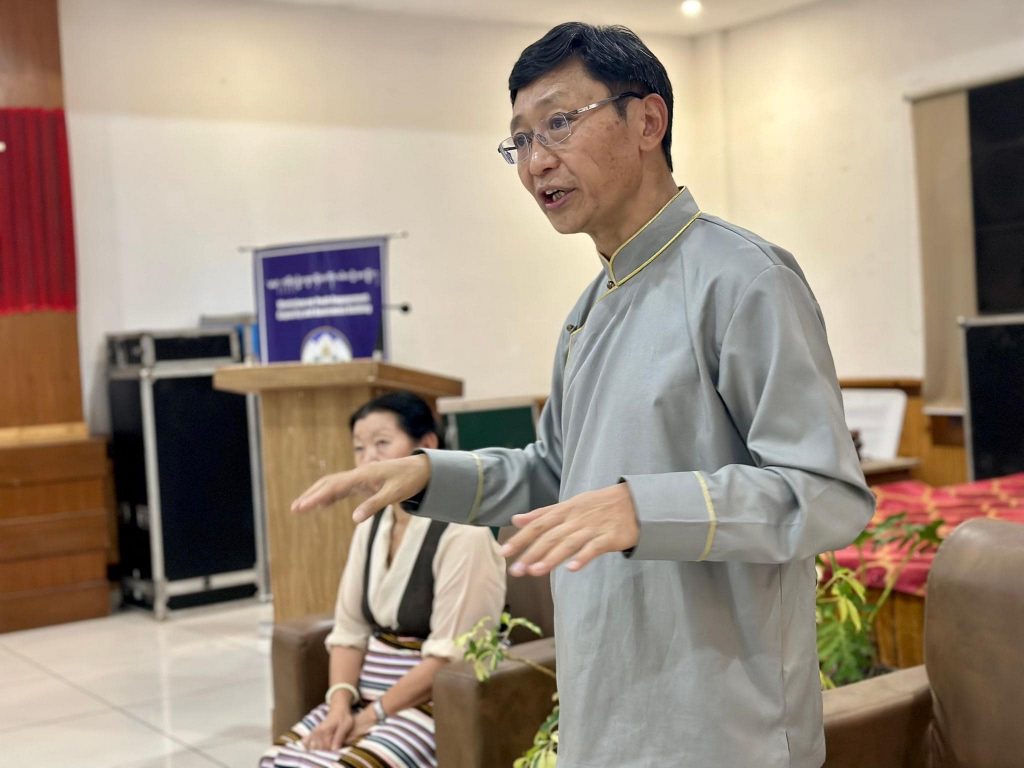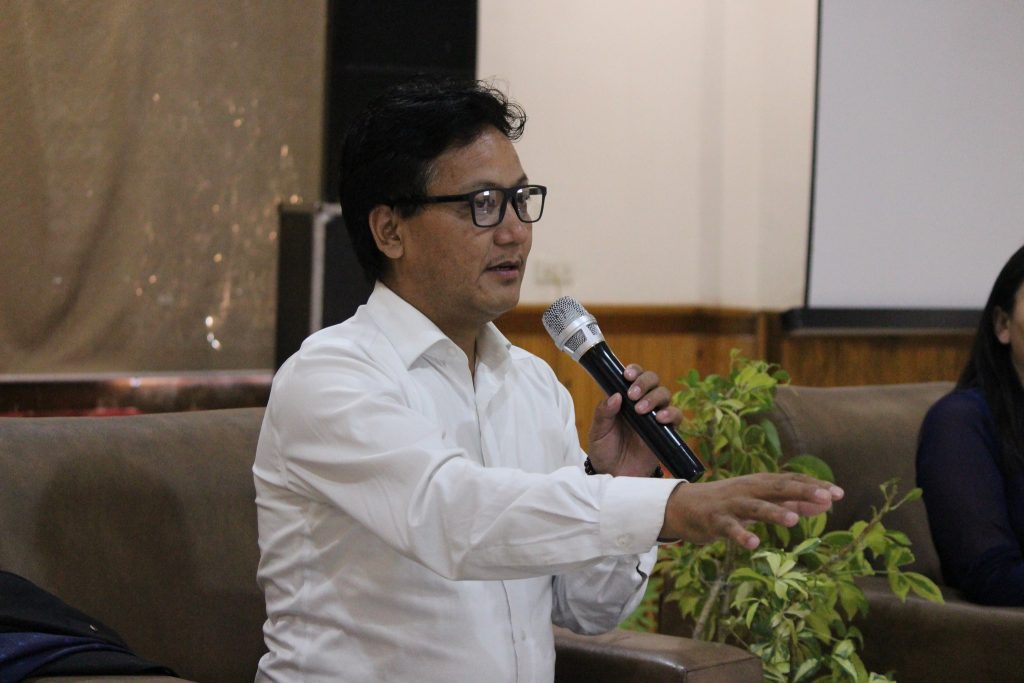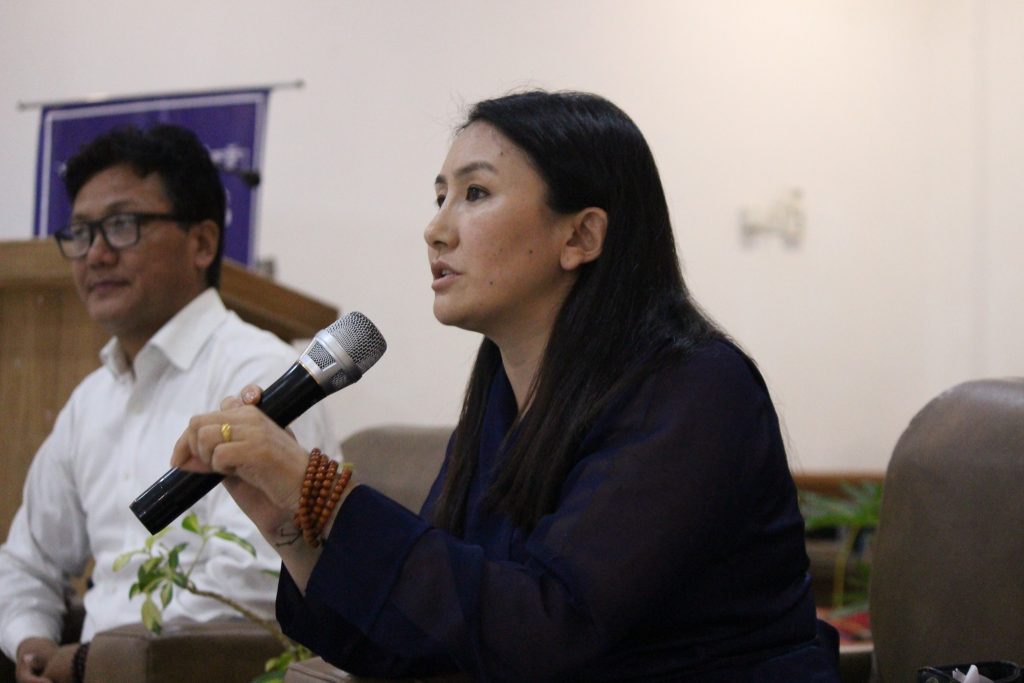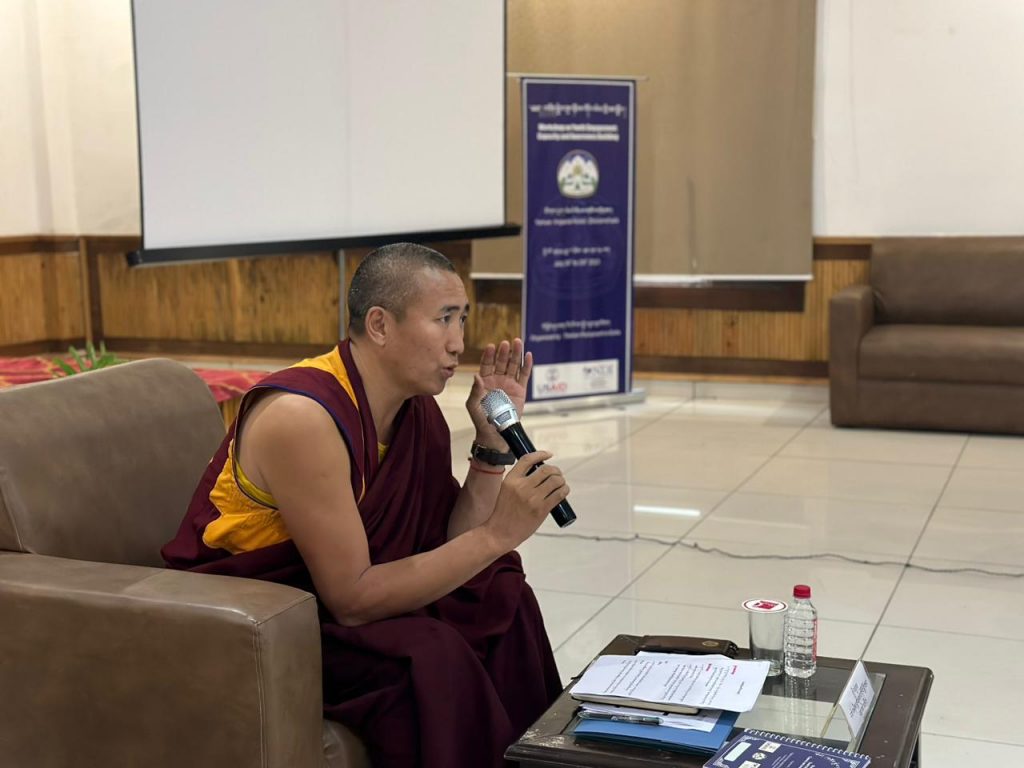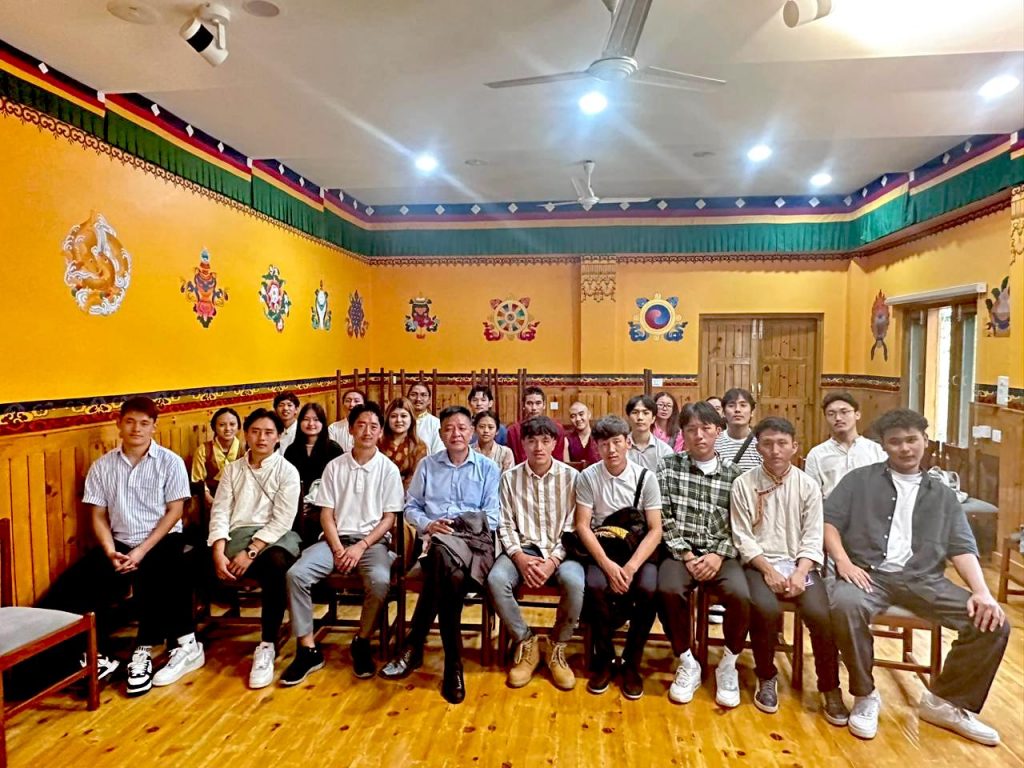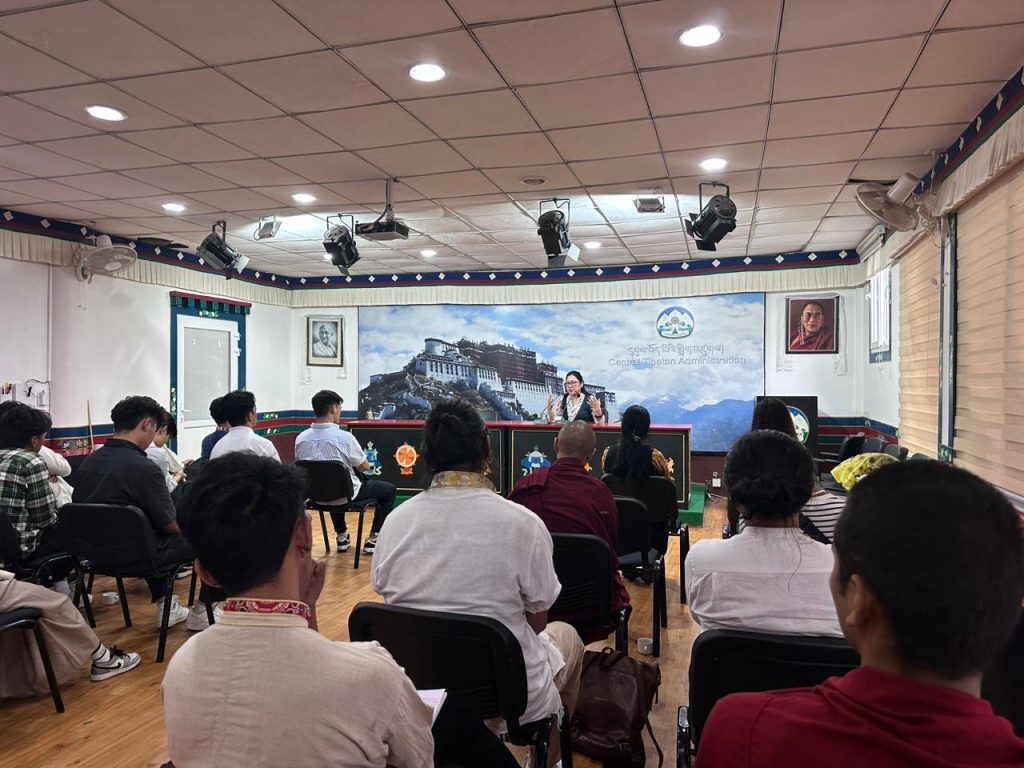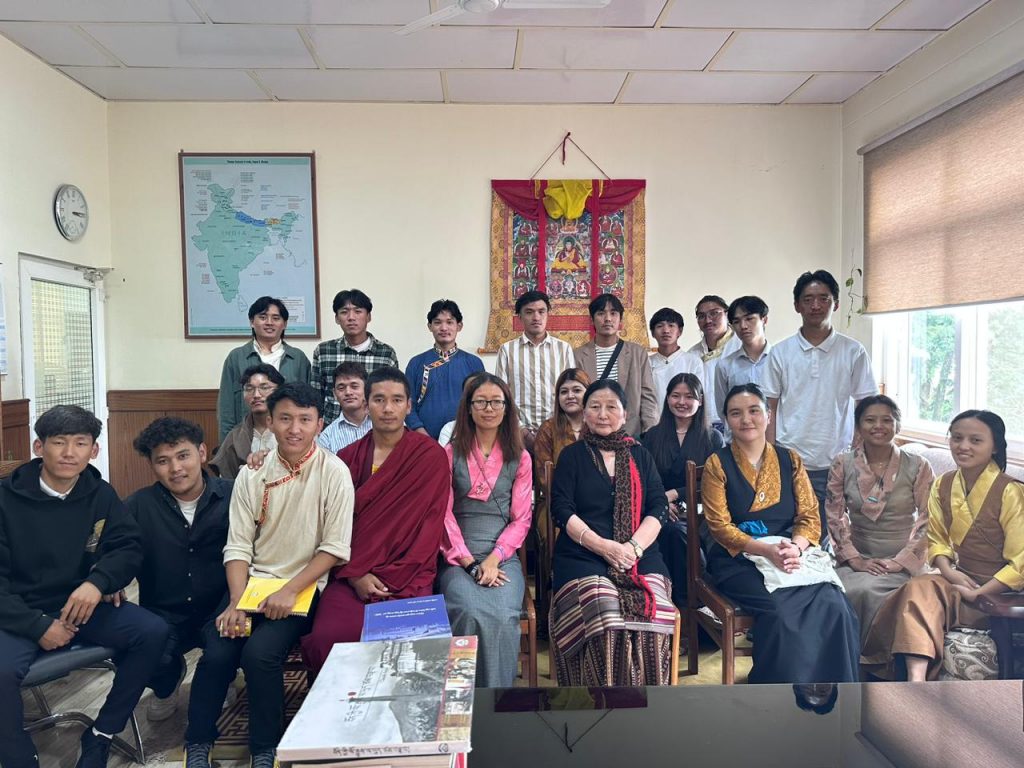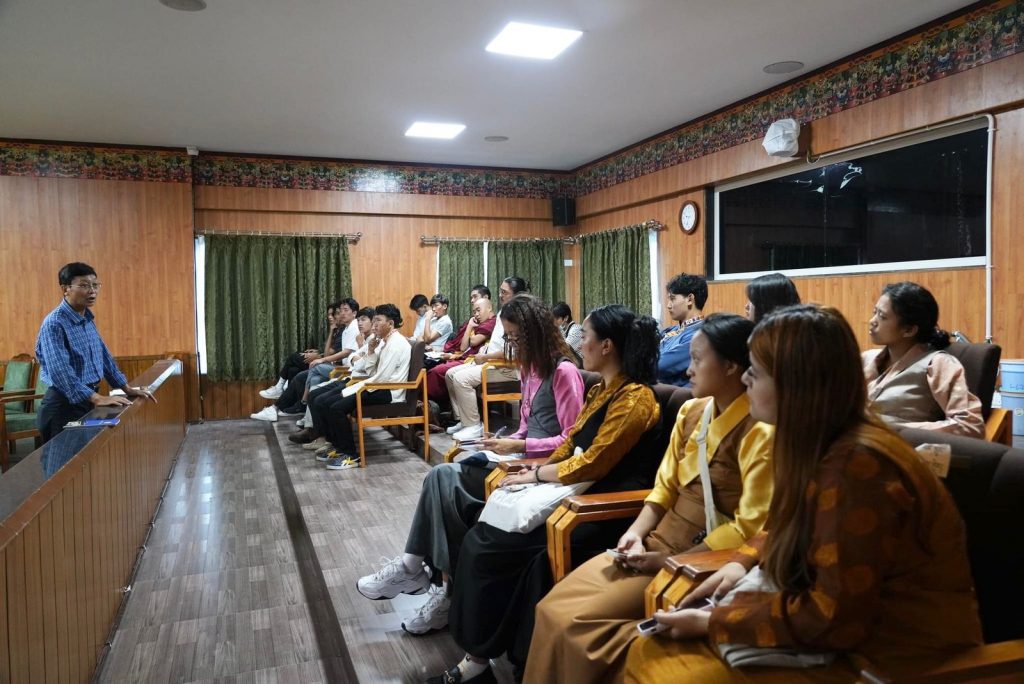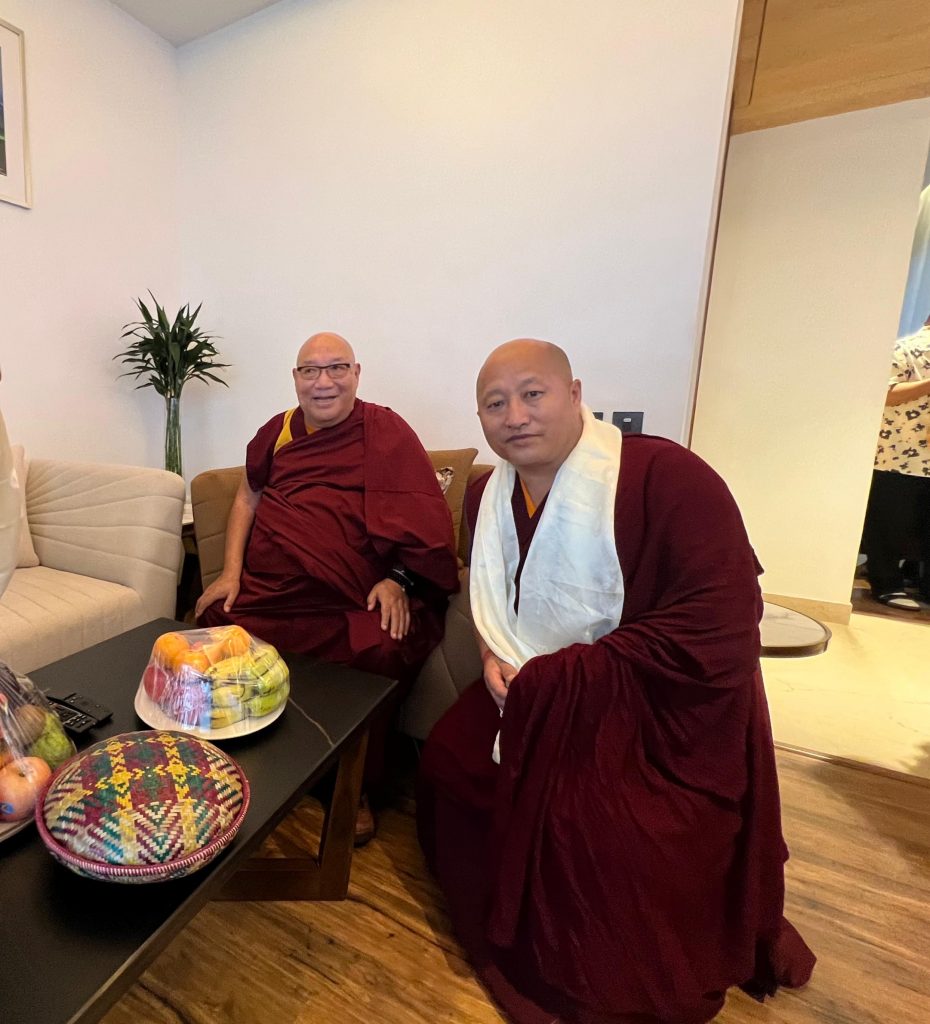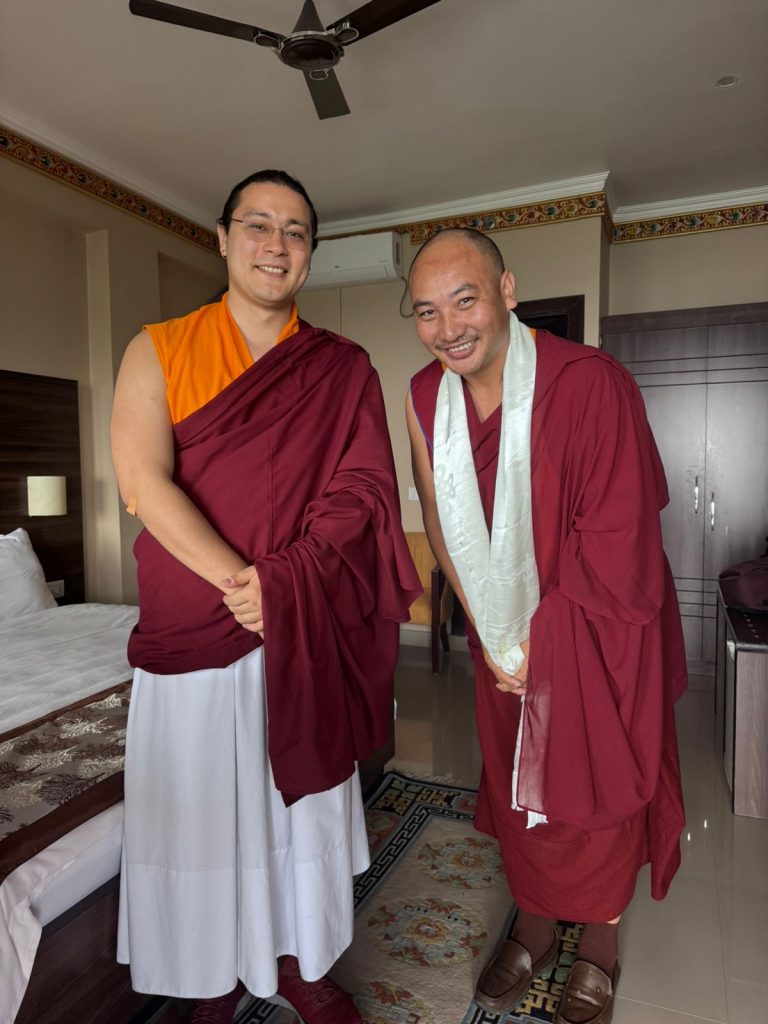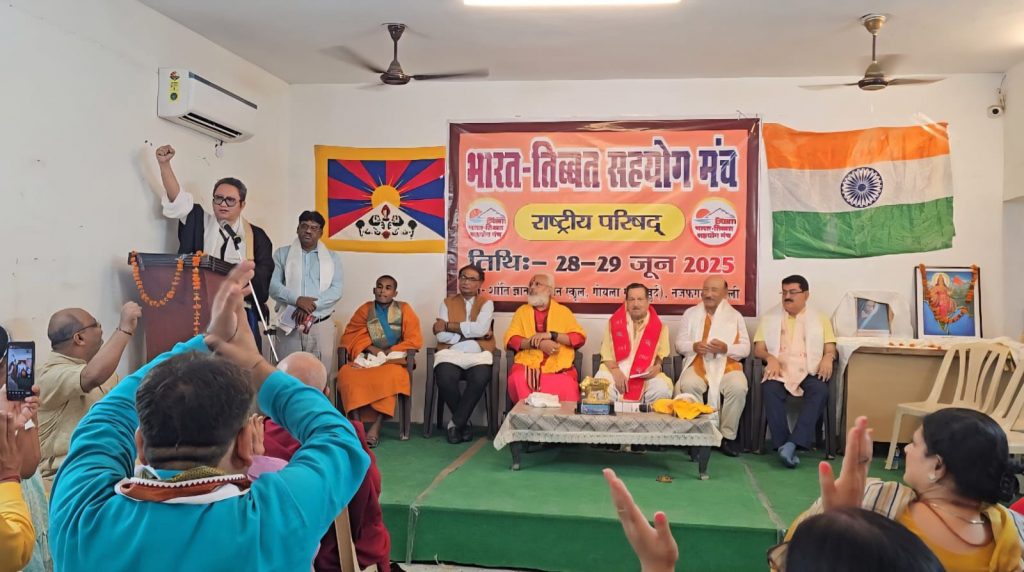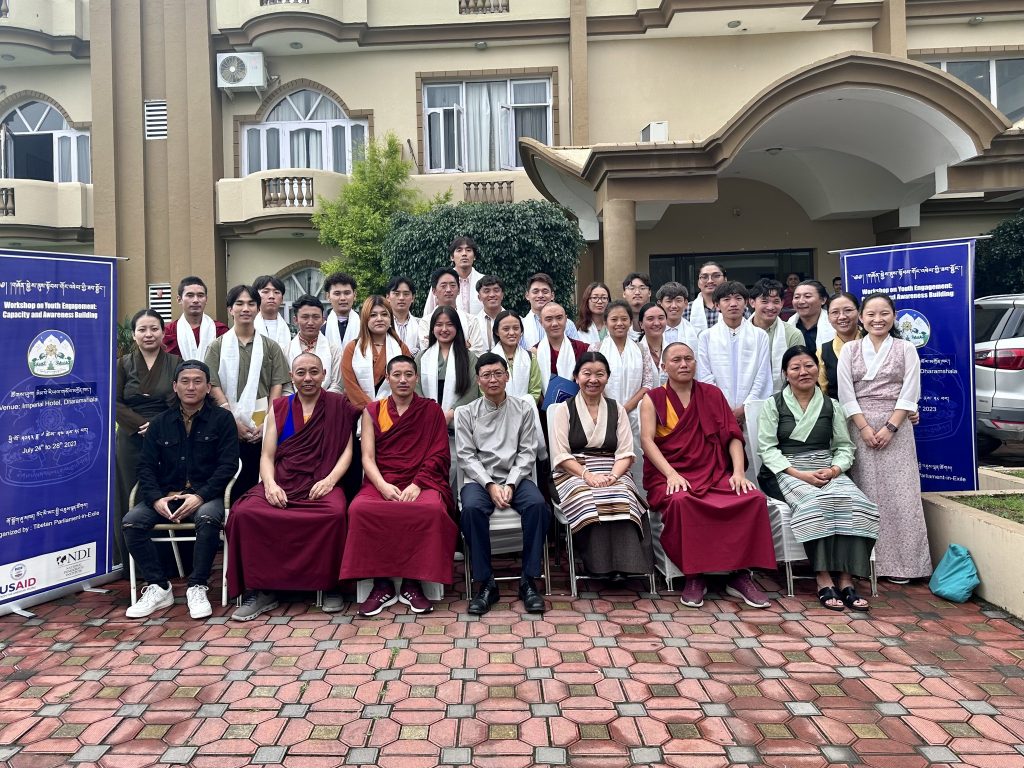
Dharamshala: A five-day youth engagement workshop entitled ‘Youth Engagement: Capacity and Awareness Building’ organized by the Tibetan Parliament-in-Exile successfully concluded on 28th July 2023.
The five-day workshop concluded with a closing remarks by Deputy Speaker Dolma Tsering Teykhang and thank you note by Secretary General Sonam Dorjee of the Tibetan Parliamentary Secretariat, followed by distribution of certificates to the participants by the Deputy Speaker.
The Deputy Speaker, in her address, applauded the attendees for their active participation and enthusiasm while encouraging them to share the knowledge acquired during the past days with others.
She further delved into the details of the previous youth leadership programs of Tibetan Parliamentary & Policy Research Centre (TPPRC), and on the importance of nurturing the Tibetan youth who are the future custodian of Tibet.
Speaking on the preservation of Tibetan language among youngsters, the Deputy Speaker shared her experiences of being a former teacher witnessing younger Tibetans losing touch with their Tibetaness after graduating from schools, which led to the realisation of the need of youth capacity building.
Especially, on the importance of providing a platform for the college going Tibetan students – who are scattered in various colleges – to form a common network to bring their collective effort and to nurture good and responsible future leaders.
Further speaking on the significance of learning one’s own history especially for a diasporic community like the Tibetan community, the Deputy Speaker advised the young Tibetans to put their heart and soul into studying which is their crucial duty in serving the common cause.
While, Secretary Sonam Dorjee delivered the vote of thanks wherein he extended his gratitude to the sponsors of the workshop, organisers from the parliamentary secretariat, and the participants. He advised the students to use the facilities available including the internet in improving their knowledge and continue doing their parts in every possible way for the just cause of Tibet.
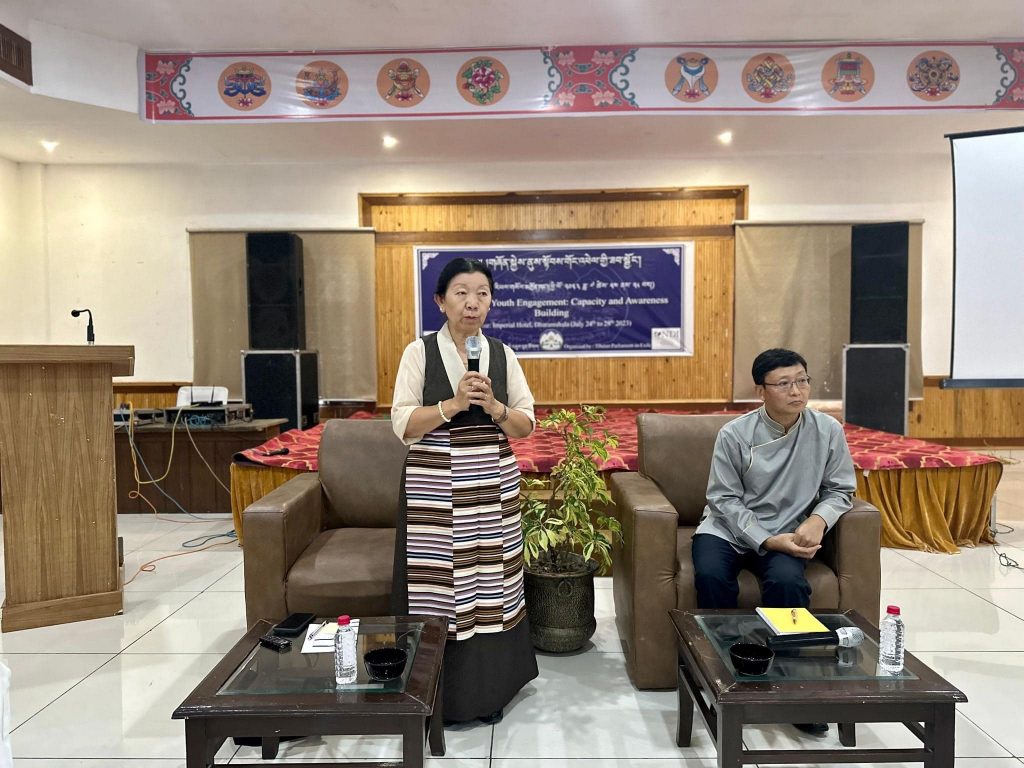
The first day of the workshop was graced with the presence of Speaker Khenpo Sonam Tenphel, Deputy Speaker Dolma Tsering Teykhang, and standing committee members MPs Dorjee Tseten and Tsering Yangchen elucidating working of the sections of standing committee.
On the second day of the workshop – 25th of July – the participants were taken on a guided tour of the seat of the Central Tibetan Administration where they received the opportunity of having interactive sessions with Sikyong Penpa Tsering, Kalon Changra Tharlam Dolma, and Kalon Norzin Dolma.
The third day focused educating the participants on the history of Tibet by Tsangtruk Topla (professor of Tibetan history and culture, College for Higher Tibetan Studies, Sarah) and on ‘Tibet’s environment and ecology’ and on ‘CCP’s government structure and Chinese policy on Tibet’ by Tibet Policy Institute’s Dhondup Wangmo and Dr Tsewang Dorjee respectively.
They were also introduced to the functioning of the Men-Tsee-Khang and its benefits by Dr Ngawang Soepa, Principal of Men-Tsee-Khang Sowa Rigpa Medical College and Hospital.
The fourth day was devoted to the introduction of Pre-Buddhist religion and four Buddhist schools of Tibetan Buddhism – Bon, Nyingma, Kagyu, Sakya, and Gelug – by Geshe Yeshi Gyalwa, Khenpo Namgyal, Khenpo Gyaltsen Phuntsok, Khenpo Christo Gyurmey Dorjee, and Geshe Lharampa Gowo Lobsang Phende (MP) respectively. Following that Tibet Policy Institute’s Phentok shed some light on the religious freedom in Tibet.
And finally on the last day of the workshop, the participants were trained in nonviolent management of conflicts by the Tibetan Centre for Conflict Resolution in the morning session. And in the afternoon session, parliamentarians Tsaneytsang Dhondup Tashi, and Pema Tso shared experiences of their official visitations including periodical Tibetan settlement visits and advocacy programs.
During the feedback session, participants were unison in recounting the benefits of the workshop, especially the guided tour of the Central Tibetan Administration which helped them have first-hand experience of the CTA’s undertaking.
Before the conclusion of the workshop, the participants also presented traditional dance performances which they had learned during the five-day workshop.
The workshop was funded by USAID and NDI.
